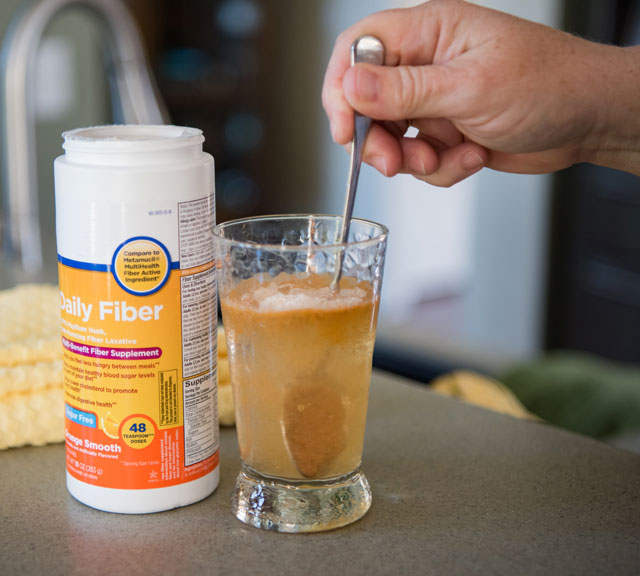Constipation: What to Do When You Just Can’t Go

Find Your Perfect Match
Answer a few questions and we'll provide you with a list of primary care providers that best fit your needs.
If you suffer from constipation, you’re not alone. In fact, according to the National Institutes of Health, about 42 million people in the U.S. are affected by this common gastrointestinal condition. You may count yourself among them if you have a bowel movement fewer than three times a week or your stool is hard and dry.
What Causes Constipation?
There are lots of reasons why you might be constipated. And you may be affected by more than one cause at a time. The most common include:
- Stool moving too slowly through the colon
- Slow emptying of the colon, especially in women
- A form of irritable bowel syndrome (IBS), with symptoms of both IBS and constipation
- Not enough physical activity
- Medicines that cause constipation
- A diet too low in fiber
- Changes in your life or daily routine, such as travel, pregnancy and aging
- Ignoring the urge to have a bowel movement. Over time, you may stop feeling the need to have one
- Health problems that make stool move slowly, like Parkinson’s disease, diabetes or spinal cord injuries
- Gastrointestinal (GI) problems that narrow your colon and rectum such as tumors or inflammation caused by diverticulitis (an inflammation of the bowel)
Daily exercise helps your colon work better, which may ease or prevent constipation.
How Is It Diagnosed?
Just about everyone is constipated at some point. But if it’s becoming a chronic issue, see your health care provider to prevent more serious problems like hemorrhoids (swollen veins around your anus), anal fissures (small tears in your anus), rectal prolapse (when your rectum slips and sticks out of your anus) or fecal impaction (when hard stool is packed so tightly that you can’t push it out).
Your doctor will most likely diagnose your condition by:
Taking a medical history: This will include questions like:
- How often do you have a bowel movement?
- How long have you had symptoms?
- What do your stools look like? Do they have blood in them?
- What are your eating habits?
- How much exercise do you get?
- What medicines do you take?
Examining you: This may include:
- A physical exam
- A digital rectal exam, when your health care provider will gently put a gloved, lubricated finger into your rectum. Using her finger, she will look for tenderness, blockage or blood. She will also check the muscle that closes off the anus by asking you to squeeze.
- Diagnostic tests, such as a colonoscopy, which looks at the full length of your large intestine
What About Treatment and Prevention?

If constipation is your constant companion, you and your doctor can create a care plan to help ease or end your symptoms. Your plan may include:
Diet changes:
- Drink more liquids like water and juice throughout the day.
- Eat more fiber: 20 to 35 grams daily will add bulk and soften the stool. High-fiber foods include beans, whole grains, bran cereals, and fresh fruits and veggies. Cut back on foods with little or no fiber, like ice cream, cheeses, meats and processed foods.
Exercise and lifestyle changes:
- Daily exercise helps your colon work better, which may ease or prevent constipation.
- Having a bowel movement at the same time each day can help you regulate your bowels. Give yourself enough time and head for the bathroom as soon as you feel the urge.
Medications:
- Over-the-counter (OTC) laxatives: Your doctor may recommend a laxative if you’ve tried everything else and are still constipated. They come in various forms and work in different ways. Ask which is best for you.
- Prescription medications: If OTC medications don’t ease your symptoms, your health care provider may recommend a prescription medicine.
- Biofeedback: Biofeedback may help you use your mind to retrain the muscles that control the release of bowel movements.
Find Your Perfect Match
Answer a few questions and we'll provide you with a list of primary care providers that best fit your needs.
Source: NIH; American College of Gastroenterology




